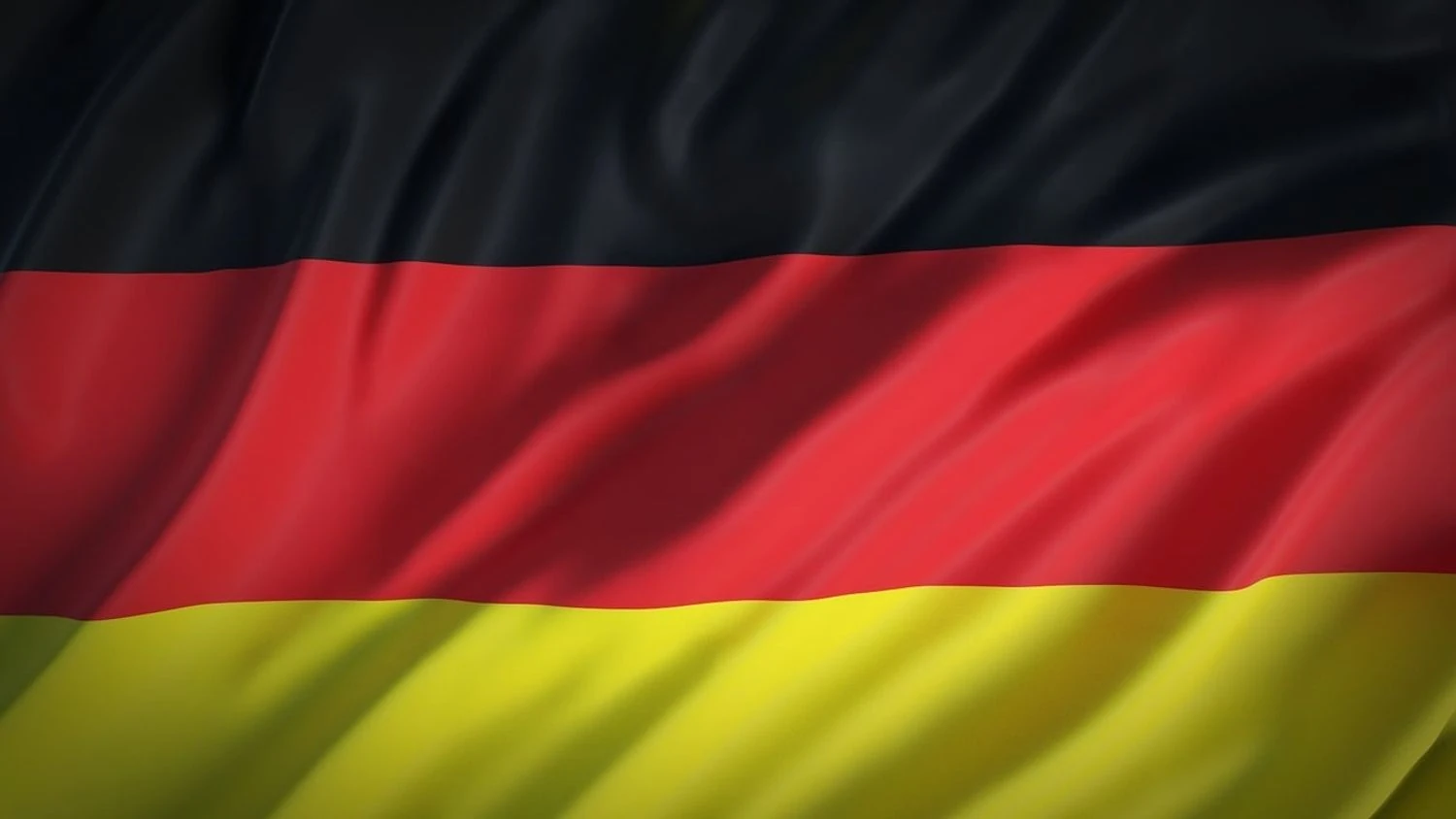“Inflation in Germany fell to 2.3%, the lowest level in several monthsGermany’s annual inflation rate fell to 2.3% in October after 2.4% in September, exceeding the market forecast of 2.2%. The
slowdown was driven by cheaper energy and slower food price growth, while the cost of services continued to rise.
”, — write: unn.ua
DetailsThe Federal Statistical Office of Germany reported that annual inflation in Germany, measured by the change in the Consumer Price Index (CPI), decreased to 2.3% in the preliminary estimate in October from 2.4% in September. This figure exceeded the market forecast of 2.2%. On a monthly basis, the CPI increased by 0.3%.
The Harmonized Index of Consumer Prices (HICP), the European Central Bank’s (ECB) preferred measure of inflation, rose by 0.3% and 2.3% on a monthly and annual basis, respectively.
The main factor in the weakening of inflation was the cheaper energy: its prices decreased by 0.9% compared to October last year. Food prices are also growing slower – only by 1.3% against 2.1% a month earlier.
However, the cost of services continues to increase: in October, the growth was 3.5% (in September it was 3.4%). The so-called “core inflation”, which excludes energy and food, remained stable at 2.8%.
Despite inflation being close to the European Central Bank’s target (2%), Germany still remains slightly above this mark.
AdditionGermany is considering nationalizing a subsidiary of the Russian company “Rosneft” due to US sanctions. This concerns the Schwedt oil refinery, which supplies fuel to Berlin and eastern Germany.
The popularity of German Chancellor Friedrich Merz fell to 25%, a record low since the government was formed. This is happening against the backdrop of growing dissatisfaction with migration policy and deteriorating economic expectations in Germany.
